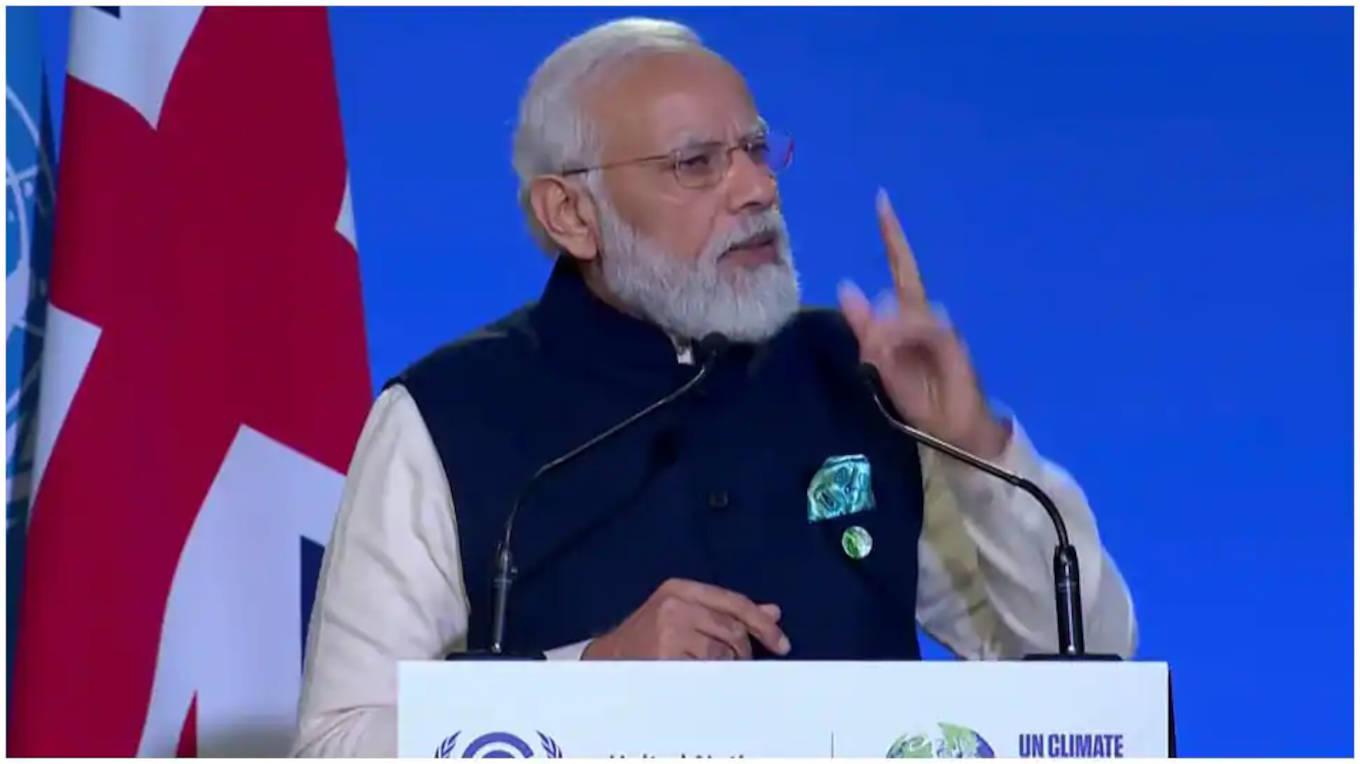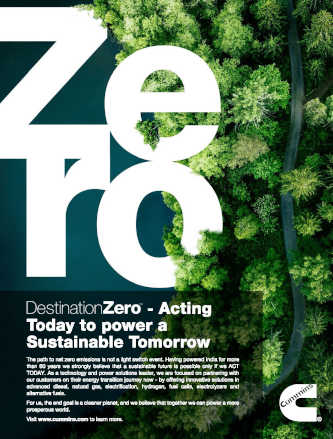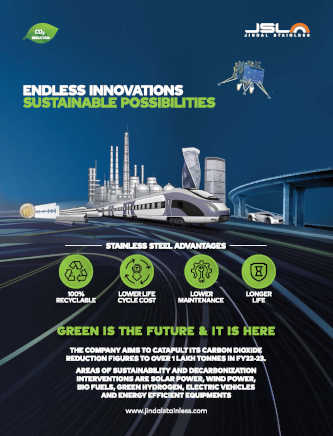Prime Minister Narendra Modi has announced in his COP26 speech that India’s target for net-zero carbon emissions is 2070, two decades more than what scientists say is needed to avert catastrophic climate impacts. Saying that India has stuck to its climate pledge in ‘spirit and letter’, Modi said though India contained 17 per cent of the world’s population, it was responsible for only 5 per cent of global emissions. The prime minister said to the gathering of world leaders at Glasgow that India would increase its share of renewable in the country’s energy mix from 38 per cent last year to 50 per cent by 2030. India is the fourth-largest emitter of carbon dioxide in the world, after China, the US and the European Union, according to EC, Emissions Database for Global Atomspheric Research. The US, Britain and the European Union have set a target date of 2050 to reach net-zero, by which point they will only emit an amount of greenhouse gases that can be absorbed by forests, crops, soils and nascent “carbon capture technology”. China and Saudi Arabia have both set targets of 2060, but critics say these are largely meaningless without tangible action now. Leading scientists say the world needs to halve global emissions by 2030 and reach net-zero by 2050 to avoid the worst impacts of climate change. “Instead of mindless and destructive consumption we need mindful and deliberate utilisation,” he said, citing consumer choices in areas from packaging to diet. “These choices, made by billions of people, can take the fight against climate change one step further,” he said. Modi’s promise These are the five main promises Modi made in his speech: • To raise the non-fossil fuel based energy capacity of the country to 500 GW by 2030 • By 2030, 50 per cent of the country’s energy requirements would be met using renewable energy sources • The country will reduce the total projected carbon emission by 1 billion tonne between now and 2030 • The carbon intensity of the economy would be reduced to less than 45 percent by 2030 • The country would become carbon neutral and achieve net-zero emissions by 2070 Aarti Khosla, Director, Climate Trends, was quoted in a news agency as saying, “By announcing a commitment for achieving net-zero targets by 2070, India has responded positively to the global call and it was the best climate action in Glasgow (today).” "Ensuring that the new energy regime doesn't bring the pitfalls of the current regime will be fundamental. Solar and wind are poised to emerge as the future in the net zero world," she said. “PM Modi cut through the rhetoric and delivered a big promise of climate action from India. Reducing one billion tonnes of emissions by 2030 and expanding non-fossils capacity to 500 GW are enormous and transformative steps,” said Ajay Mathur, Director General, International Solar Alliance (ISA). While it is left to be seen if India can achieve these targets, it is historic for the country as it was the first time ever that India committed to the target.
-

Modi: going one step further























